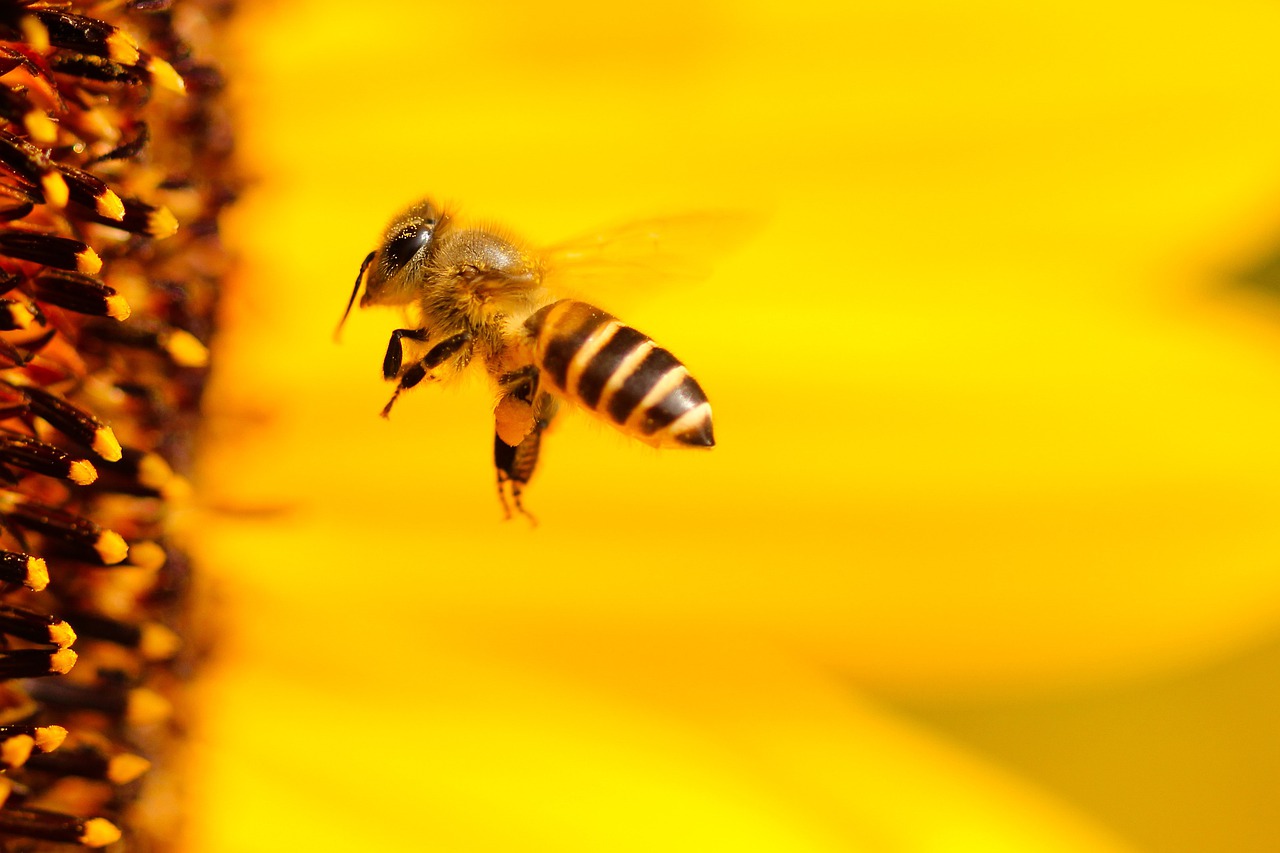Agriculture will promote a programme for the recovery of the Balearic Islands’ native bees
The Regional Ministry of Agriculture, Fisheries and Food, through the Balearic Islands Agri-Food Research and Training Institute (IRFAP), will promote a programme for the recovery of the Balearic Islands’ native bees as of January 2023. This is one of the seven actions set out in the Balearic Islands beekeeping sector round table, which the ministry wants to carry out by the end of the legislature. The councillor, Mae de la Concha, chaired the roundtable, accompanied by the director general of Agriculture, Livestock and Rural Development, Fernando Fernández, the director general of Food Sovereignty Policies, Aram Ortega, the manager of FOGAIBA, Mateu Morro, and the manager of IRFAP, Georgina Brunet.
The aim is for the breeding and selection programme for Apis Mellifera iberiensis queens in the Balearic Islands to be led by IRFAP. The project was created at the request of the sector and will have the collaboration of the ‘Dotze Reines’ Association, made up of all the beekeeping associations in the Balearic Islands. The project aims to genetically improve the local honeybee by selecting queens with desirable characteristics, such as high productivity, low aggressiveness, good health and resistance to certain diseases. The aim is to reproduce them and then make them available to local beekeepers in order to improve the productivity of bee farms in the Balearic Islands.
The importation of queen bees from elsewhere, belonging to subspecies of the honey bee, endangers the stability and resistance of local bee populations and the survival of locally adapted ecotypes. Local honeybee populations are a genetic asset to be conserved, especially as a source of genetic diversity. The programme has a budget of 250,000 euros to be implemented over 4 years.
According to IRFAP manager Georgina Brunet, in the genetic study carried out last year “haplotypes of subspecies from other countries and the presence of hybrid individuals were detected, which indicates genetic introgression”. Brunet also explained that “the genetic diversity observed on the four islands is sufficient to implement a conservation programme for local bee populations”.
The meeting also addressed the issue of the processing of the PDO Eivissa honey. The Regional Ministry, through the Directorate General for Food Sovereignty Policies, has already applied for registration with the European Commission.
Another action is to apply to join the Ministry of Agriculture, Fisheries and Food’s Bee Colony Loss Programme. The Balearic Islands abandoned the programme several years ago due to a lack of resources. This programme is structured with a plan for monitoring colony mortality and disease monitoring, among other things.
Funding through the National Beekeeping Programme has doubled in 2022 compared to the previous period, and the forecast for 2023 is an increase of almost 70% in availability.
The bees sector in figures
In 2021 the Balearic Islands’ beekeeping population is made up of 13,178 hives. Between 2019 and 2021 the number of hives has grown by 24.93%. Beekeeping farms have increased from 480 in 2011 to 836 in 2021, which means an increase of 74.16%. However, only 11.5% of these are considered professional.
